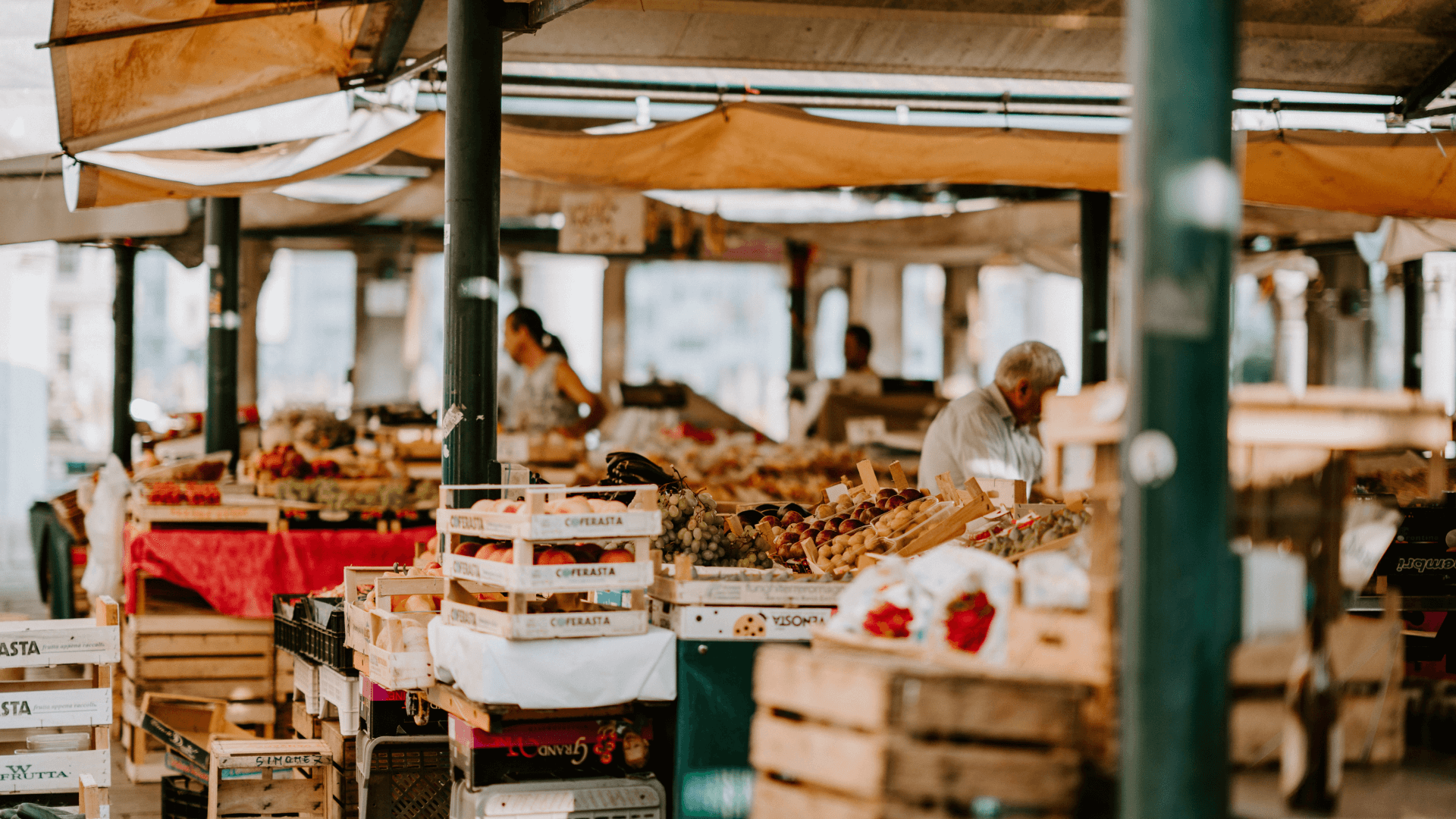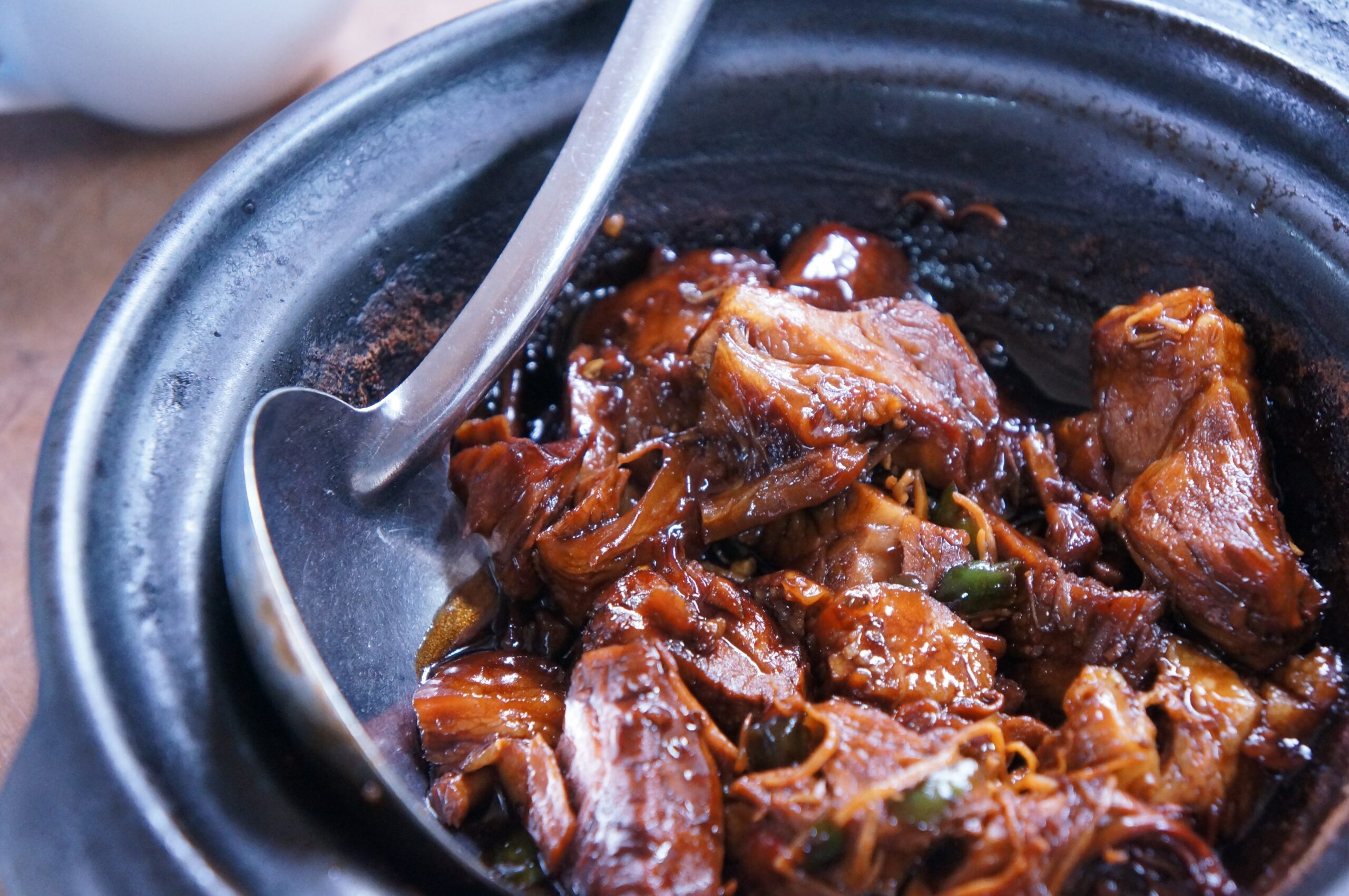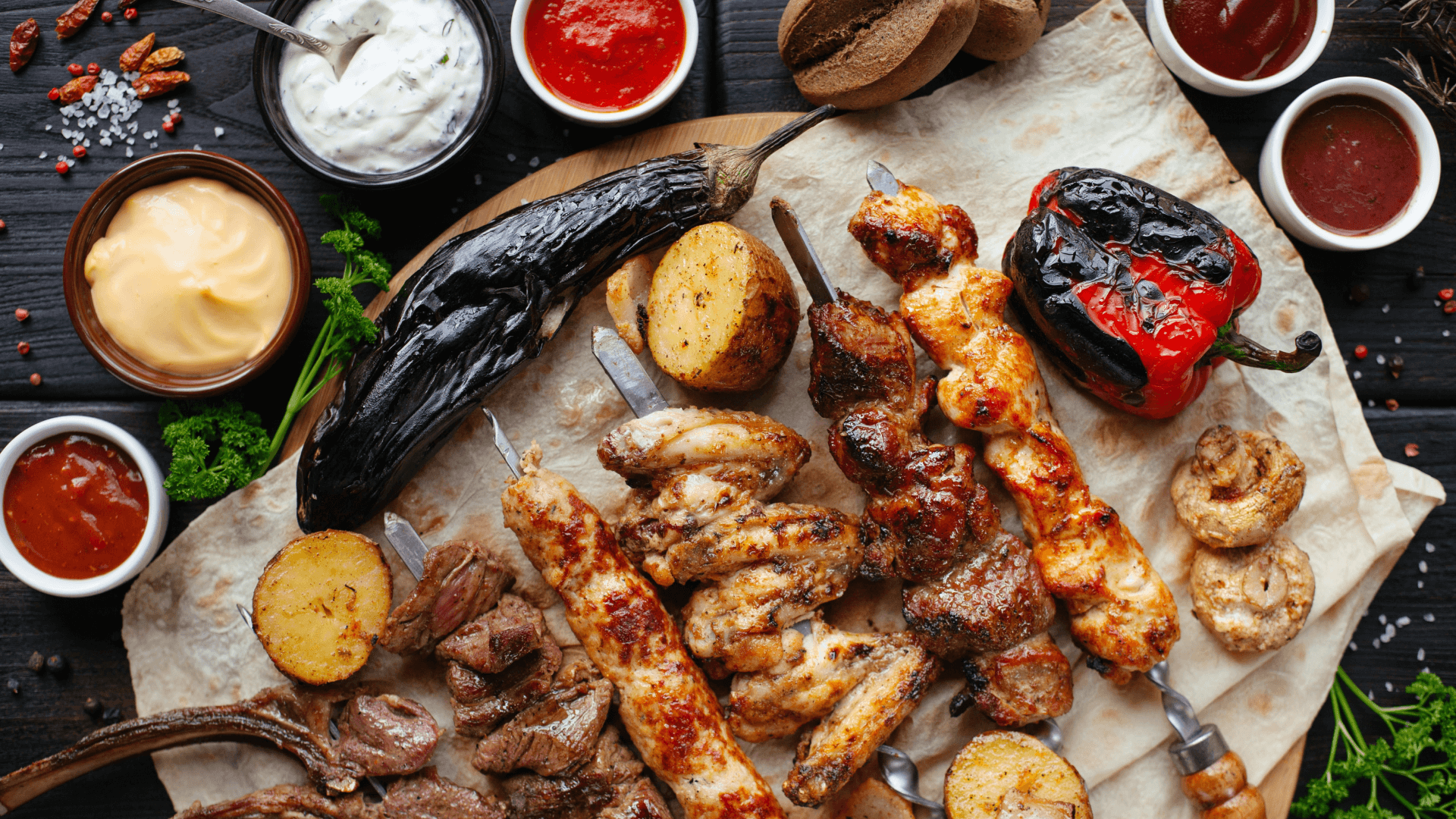Food and tourism go hand in hand. For many tourists, trying local delicacies and exotic flavours is the highlight of a trip. The statistics back this up: according to the World Food Travel Association (WFTA) 2022 Report, 34% of travellers choose their destinations based on cuisine, and a further 47% are motivated to travel for unusual dining experiences.
South Africa has a reputation for offering some of the world’s best fine dining at (relatively) low prices. For years, this has been a major drawcard bringing foreign foodies to our shores. – Caitlin Kennedy
Last month, we explored the global shift away from high-end dining and a move towards more ethical and simple eating. If this is a trend in the tourism sector too, then what does this mean for our currently flourishing fine dining scene?
Global restaurant guides such as Michelin and San Pellegrino are widely used as marketing tools by tourism departments worldwide. According to the Eater Guide, many countries actively fund these organisations. But these, and even many of our local guides, are heavily skewed towards fine dining. While this might appeal to a select group of luxury travellers, the focus has now shifted, and most tourists seem to be looking for something different.

Image: Unsplash, Annie Spratt
The WTFA’s report found that the second biggest influence in choosing a travel destination (after advice from friends) was consumer review sites. They also found that travellers are increasingly interested in culturally rooted activities such as food tours and experiences. A 2023 Booking.com survey found that 80% of holidaymakers are looking for travel immersed in community and culture.
The Eater Guide, one of the few organisations highlighting non-luxury establishments, released their global “Where to Eat in 2023” list, and the focus is very clearly not on fine dining. In the introduction, they say: “In picking destinations for the coming year, we thought not just about hit lists and must-try dishes, but also the aspects of meals that make them feel immersive: the people, environment, culture, and history behind foods.”
A Daily Maverick article published in April this year suggests similar trends locally. They found that tourists coming to South Africa are less interested in fine dining than they used to be. Instead, they are looking for local cooking classes, markets and food that tells a story.
All the signs point towards a new era in food travel. Are South African restaurants catering to this need?
South Africa doesn’t have an easily identifiable food culture in comparison to countries such as Italy or Thailand, which have almost stereotyped cuisines.
We instead have a melting pot of flavours drawn from our vibrant and varied culinary history. – Caitlin
While we have incredibly high standards for food and service, we excel in this rather than in a specific cuisine. This creates an interesting challenge for us if tourists are looking to understand our food culture.

Image: Unsplash, Yvonne Lee Harijanto
The WTFA found that travellers are increasingly interested in rural tourism and dining, and this is great for our wine regions and smaller towns: “Demand for agritourism arises from consumers seeking authentic experiences connected to land, place, and history…. ‘authenticity’ has become the new consumer sensibility, driving how consumers make buying decisions. Agritourism promises the connection today’s consumer is looking for.”
Babylonstoren, one of the most popular destinations for tourists in the Western Cape, has perfectly understood this trend, offering locally grown food with cultural relevance and an engaging story. Where else are tourists eating? Reverie Social Table is the number one restaurant in Cape Town on Dineplan according to guest reviews in 2022 and offers dishes made with locally sourced produce, paired with unusual wines, all explained with passion to diners. We also have plenty to offer in terms of Airbnb experiences, cooking classes and tours. But perhaps we could even do more, and focus on promoting the activities that tourists are looking for.
Our tourism and food industries will both surely flourish if we focus on capturing the essence of South Africa in our restaurants, guides and experiences. – Caitlin
As most locals can’t afford our high-end restaurants, the industry relies heavily on tourism. This is a good reminder for us to bear these trends in mind, and look inwards to the local flair we have to offer rather than outwards for inspiration.



0 Comments
Trackbacks/Pingbacks